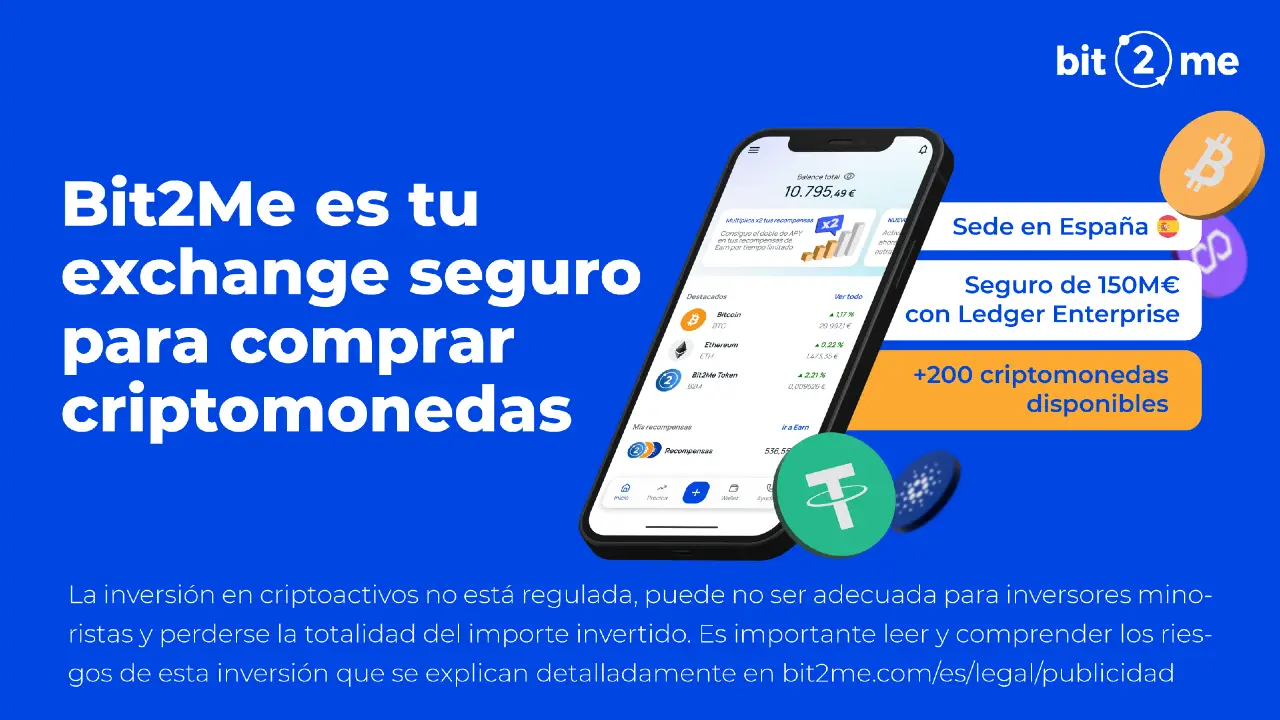What Is KYC?

✍️ 13 October, 2022 - 11:18 👤 Editor: Jakub Motyka
- Centralized platforms have new verification laws, starting with KYC (Know Your Customer).
- There are now regulations that can be beneficial to boost the acceptance of crypto assets in the market.
- Here we tell you everything about the KYC process and other methods related to them.
There are many customer verification methods, however, one of the most used today is KYC. This is an identification process that several users must go through when opening an account on different cryptoactive platforms, that is, on cryptocurrency exchanges.
Its general utility is to identify the account holder, both for a person and a corporate identity. The regulations are born thanks to the traditional financial institutions, however, currently the digital currency platforms adopted them for legal reasons.
What Does KYC Mean?
Initially, the philosophy behind the creation of Bitcoin intended for these processes to be free of regulations. Many centralized cryptocurrency exchanges need to take different types of precautions, in order to avoid participating in possible illicit activities. At the same time, this is in line with the regulations to which they have had to adapt due to the legislation of several countries, due to their integration into the traditional market.
KYC is an acronym for “Know-Your-Client” or "Know Your Customer". This is a mandatory verification on various centralized exchange platforms. This requirement serves to ensure that the identity of the person who registered, using the identity documents of their country. Normally, they are utility bills with the home or office address, identity numbers of some legal document, accompanied by an image that proves that the document corresponds to the user's.
Completing this process is essential, since without the corresponding verifications it is impossible to use some functions. When creating accounts on centralized platforms, many general functions will only be available after the verification process. In this way, only after a first identity verification will you be allowed to carry out basic transactions with small amounts.
Are There Other Verification Processes Apart From KYC?
Along with KYC, there is another regulation known as AML that prevents money laundering on exchange platforms. This, like KYC, is an acronym for "Anti-Money Laundering", or anti-money laundering. During its beginnings, the crypto market was related to several illicit activities because the transactions are anonymous, irreversible and did not have any regulation. In general, these are regulations and laws created by traditional market regulators.
The AML system quickly detects and identifies any transaction that is suspicious. In general, it flags suspicious behavior, which includes large money transactions, repeated inflows of funds from a single account, and verification of user information. This is important, since based on all the data, it can help regulators to avoid illicit events in the market.
Also check this:





Leave a Reply